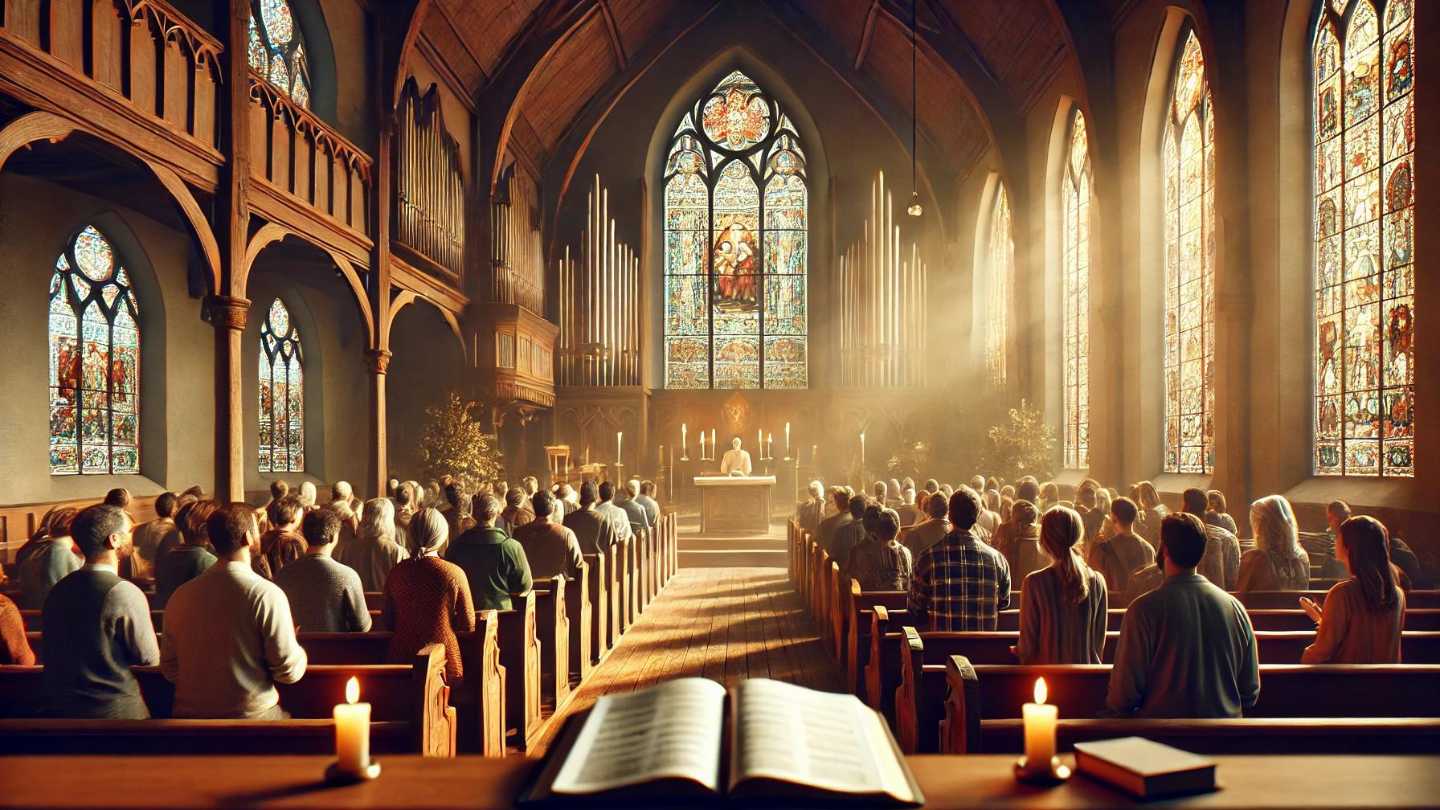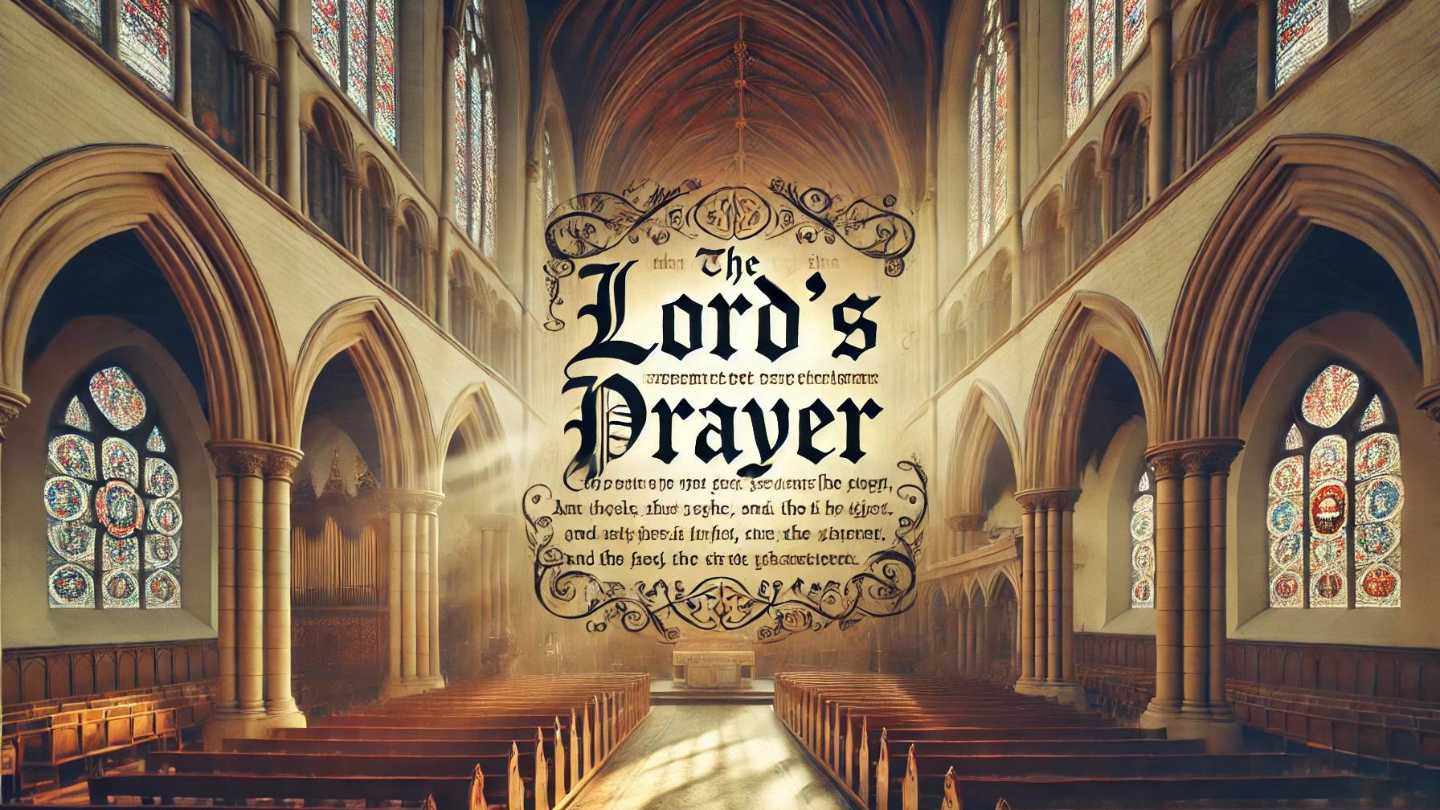The Lord’s Prayer, also known as the Our Father, is one of the most profound and central prayers in Christianity. Its simple yet profound words have been recited by countless believers across the ages, transcending cultural and linguistic boundaries. Beyond its role in communal worship, The Lord’s Prayer holds deep mystical and contemplative significance that invites believers into a more intimate relationship with God.
The Mystical Dimensions
The Lord’s Prayer is often seen as a gateway to the mystical experience of God. Each phrase carries a depth of meaning that can be explored through meditation and contemplation. The prayer begins with “Our Father who art in heaven,” a phrase that immediately directs the believer’s attention to the divine realm. This invocation sets the stage for a mystical journey, drawing the believer into the presence of God.
The phrase “hallowed be thy name” invites believers to ponder the holiness and sanctity of God’s name. In mystical traditions, the name of God is often seen as a powerful symbol of His presence. Contemplating the holiness of God’s name can lead to a deeper awareness of His divine presence in everyday life.
“Thy kingdom come, thy will be done on earth as it is in heaven” expresses a longing for the divine order to manifest in the world. This petition aligns the believer’s will with God’s will, a key aspect of mystical spirituality. It encourages a surrender to God’s plan, fostering a deeper trust and union with the divine.
The Contemplative Practice
Contemplative prayer is a form of prayer that focuses on silence and the presence of God. The Lord’s Prayer serves as an excellent framework for contemplative practice. By slowly and mindfully reciting each phrase, believers can enter into a state of deep reflection and connection with God.
“Give us this day our daily bread” can be contemplated as a recognition of our dependence on God for both physical and spiritual sustenance. This phrase encourages believers to trust in God’s provision and to live in the present moment, a key aspect of contemplative practice.
“And forgive us our trespasses, as we forgive those who trespass against us” invites a reflection on forgiveness and reconciliation. Contemplating this phrase can lead to a deeper understanding of God’s mercy and the importance of extending that mercy to others. It fosters a spirit of humility and compassion, essential qualities in the contemplative life.
“Lead us not into temptation, but deliver us from evil” is a plea for divine guidance and protection. In contemplative prayer, this phrase can be an opportunity to reflect on the challenges and temptations of life, and to seek God’s help in overcoming them. It is a reminder of the need for vigilance and reliance on God’s grace.
The Transformative Power
The mystical and contemplative aspects of The Lord’s Prayer have the power to transform the believer’s spiritual life. By engaging deeply with the prayer, believers can experience a greater sense of peace, trust, and intimacy with God. The prayer becomes not just a set of words to be recited, but a profound encounter with the divine.
Through the mystical and contemplative practice of The Lord’s Prayer, believers can experience a spiritual journey that leads to a deeper union with God. Each phrase becomes a step on the path to greater spiritual awareness and transformation.
The Lord’s Prayer, with its timeless words and profound meanings, continues to be a source of spiritual nourishment and growth for believers around the world. By exploring its mystical and contemplative aspects, we can uncover new depths of meaning and experience the transformative power of this ancient prayer.
Related Articles
Author

Alona Smith is a devoted follower of Jesus Christ who believes that life’s true purpose is found in knowing Him and making Him known. She is passionate about sharing God’s Word with clarity and compassion, helping others see the beauty of the gospel of grace revealed through the Apostle Paul.
Grounded in Scripture and led by the Spirit, Alona seeks to live out her faith in practical ways—showing kindness, extending forgiveness, and walking in love. Whether serving in her local church, encouraging a friend in need, or simply living as a light in her community, she strives to reflect Christ in both word and deed.






















